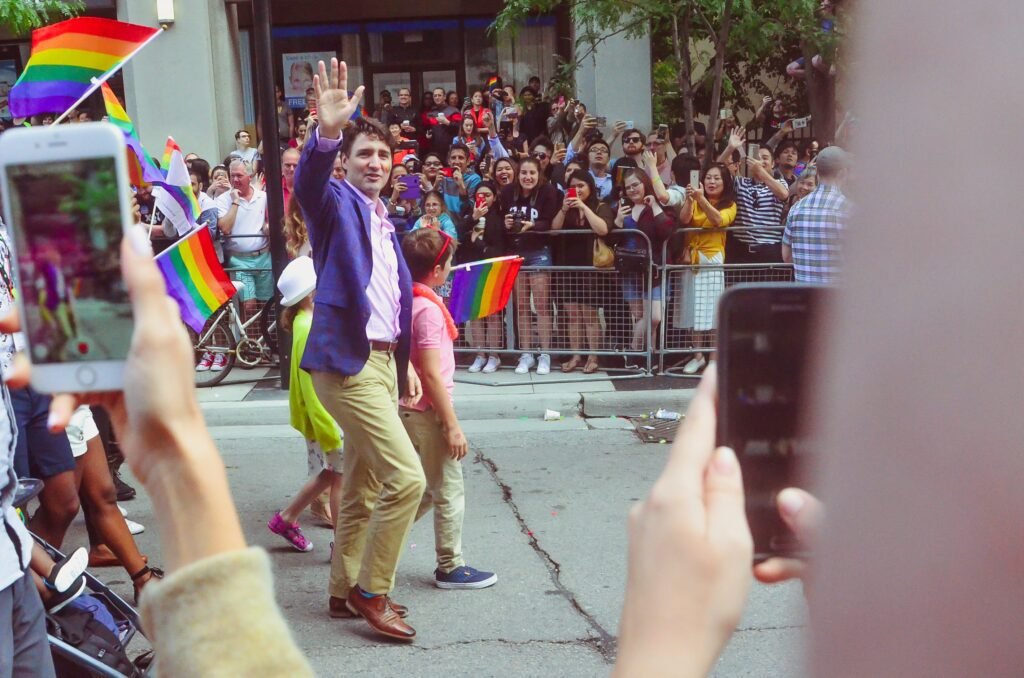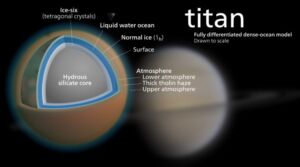
In the diverse landscape of global politics, Justin Trudeau has emerged as a significant figure, capturing the attention of both Canadians and the international community. As the Prime Minister of Canada, Trudeau has led the nation through an array of challenges and opportunities, leaving an indelible mark on the country’s socio-economic and political fabric.
Early Life and Ascent to Power:
Justin Trudeau’s journey began on December 25, 1971, when he was born to former Canadian Prime Minister Pierre Trudeau and his wife Margaret. Raised in the spotlight of political life, Justin’s upbringing was marked by exposure to diplomacy and governance. After completing his education, Trudeau ventured into teaching and environmental advocacy, reflecting his commitment to progressive causes.
Vision and Values:
Trudeau’s political career gained traction when he assumed leadership of the Liberal Party of Canada in 2013. His charismatic leadership and vision for an inclusive and diverse Canada resonated with the electorate. Key phrases like “sunny ways” and “gender parity” became synonymous with his approach. This commitment to social justice and equality has not only shaped his policy decisions but also connected him with a younger generation of Canadians.
Champion of Climate Action:
Trudeau’s commitment to environmental preservation has been a hallmark of his leadership. In 2016, he unveiled the Pan-Canadian Framework on Clean Growth and Climate Change, setting ambitious targets to reduce greenhouse gas emissions. This initiative positioned Canada as a global player in the fight against climate change and fostered international collaboration on sustainable development.
Economic Policies and Trade:
Trudeau’s economic policies have focused on bolstering the middle class and fostering innovation. The Canada Infrastructure Bank, established in 2017, exemplifies his drive to invest in the nation’s future. Moreover, his approach to international trade, exemplified by the Comprehensive and Progressive Agreement for Trans-Pacific Partnership (CPTPP), seeks to enhance Canada’s global trade relationships.
Social Integration and Inclusivity:
One of Trudeau’s most significant achievements is his emphasis on social integration and inclusivity. With his open-door policy toward refugees, he displayed a compassionate approach to addressing the global refugee crisis. His commitment to acknowledging historical wrongs, such as the treatment of Indigenous peoples, has paved the way for reconciliation and healing.
Challenges and Criticisms:
Trudeau’s tenure has not been without challenges. The SNC-Lavalin controversy and instances of ethical lapses sparked debates about his leadership. Additionally, his stance on energy development and pipeline projects led to divisions among Canadians concerned about the environment.
Global Standing and Diplomacy:
Trudeau’s diplomacy has amplified Canada’s global standing. His interactions on the international stage, whether promoting gender equality at the United Nations or addressing global challenges at G7 summits, have reinforced Canada’s reputation as a responsible and engaged player in global affairs.
In the evolving landscape of Canadian politics, Justin Trudeau stands as a symbol of progressive leadership and innovative governance. His commitment to environmental sustainability, social inclusivity, and economic growth has redefined Canada’s role in the world. While not without its complexities and controversies, Trudeau’s legacy as a visionary Prime Minister remains undeniable. As he continues to lead Canada into the future, his actions and policies will undoubtedly shape the nation for years to come.



